On 08 September 2002, Jimmy Johnstone was confirmed as ‘the Greatest Ever Celt’. An emotional ‘Jinky’ stood on stage, shook the hands of Henrik Larsson and his former team-mates Kenny Dalglish and Bobby Lennox before receiving the award from then Celtic Chairman Brian Quinn.
It was no surprise that the red-headed winger dubbed the ‘Scottish Flea’ by Madrid based newspaper Marca, in what was intended as a compliment, won the popular vote. He was the creative genius in Celtic’s most successful side. His play was as devastating as it was bedazzling. He was revered throughout Europe by fans and peers alike. There is no more stark reminder of how different the modern game in Scotland is now than the notion of a player of his calibre giving his best years to Celtic.
‘He had the heart of a lion and the ability of a maestro’
Tommy Gemmell
Aside from being voted by fans as the Club’s greatest ever player, Johnstone was part of a Celtic side which won nine-league titles, six Scottish Cups, six League Cups and of course that 1967 European Cup. One month after that success in Lisbon, Johnstone wowed a reported crowd of near 120,000 at the Estadio Santiago Bernabeu against Real Madrid in Alfredo di Stefano’s benefit match.
Despite being widely accepted as one of, if not the, best players produced in Scotland, Johnstone made only 23 appearances for the national side over his 17-year career. He has almost as many major club trophies as international appearances.
Johnstone was first selected for the senior national side on 3 October 1964. From that date until his final appearance on 20 November 1974, there would be 78 international fixtures for Scotland according to Scottish Football Association records. The player who dazzled in Madrid, Lisbon and wherever he played would take part in fewer than a third of his countries fixtures.
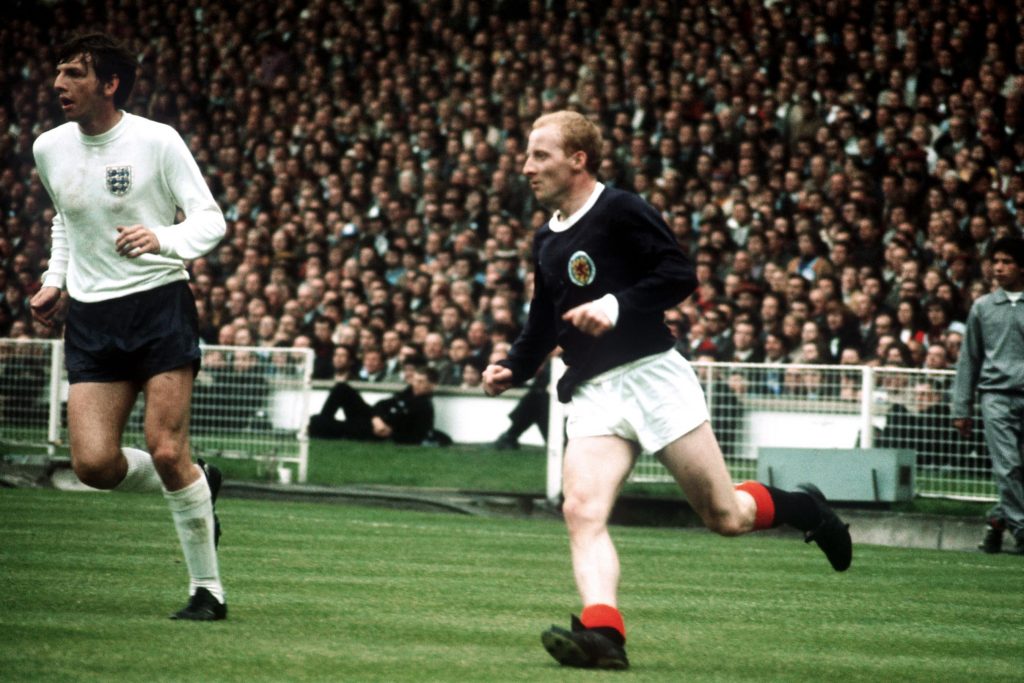
Celtic’s illustrious number seven did not suffer from severe or persistent injuries which would prevent him from joining the national side. In his 13 campaigns at Celtic, Johnstone made 515 appearances. Even including his debut season with only a handful of appearances, he would play an average of almost 40 club games per season at Celtic.
Willie Henderson of Rangers, also a diminutive right-winger, would make 29 appearances for Scotland between 1962 and 1971. Johnstone would make only nine appearances in the era in which Henderson was chosen by the selection committee. Most of his appearances for Scotland would come after the Rangers man had dropped out of the international picture.
Henderson was cited as a fine player in his own right and one of Rangers’ more celebrated individuals. The comparisons with Johnstone are understandable as they played in the same city, era and position. Craig Brown, Scotland manager from 1993 until 2001, was born a few years before Johnstone and Henderson and was emphatic in his recollection of the players when speaking to The Guardian in 2003.
‘There was a lot of talk back then about Jinky and Rangers winger Willie Henderson but there was no comparison. Jimmy was a far better player who could go inside or outside full backs at will. He was superb and created so many goals for others.’
Craig Brown, The Guardian, 9 August 2003
The notion of an anti-Celtic, or pro-Rangers, sentiment within the annals of Scottish Football in Johnstone’s era is not a scandalous suggestion. It’s a logical assumption that readers will have considered upon seeing the headline. The scope of this article could easily have extended to his team-mates Bertie Auld and Tommy Gemmell. It is however also fair to point out that Johnstone did not exhibit the same ability he had shown so consistently at Celtic for the national side.
Johnstone was part of an abject Scotland performance in a 3-2 win at Hampden Park on 22 November 1967 against Wales. Having started the match ahead of Willie Henderson, it would prove a particularly challenging environment for Jinky.
‘…Jimmy Johnstone, after a sprightly start, faded gradually from the picture, although he certainly could not have been helped by stupid and unpatriotic chants from the terracing of Henderson…Henderson. ‘
The fans who favour a lighter shade of blue than the one worn by Scotland did their country no good at all and they publicly insulted every member of the team by bellowing “Rangers…Rangers instead of Scotland…Scotland.’
Gair Henderson, Evening Times, 23 November 1967
Against this backdrop, it is easier to understand and indeed absolve any antipathy that the most gifted footballer in Scottish football would have for the patriotic cause. Johnstone was not picked for the starting eleven for the February 1968 match against England and manager Bobby Brown also opted to use Willie Henderson against the Netherlands in May 1968.
Sport, and particularly post-war football, can often be heralded as a model of a meritocracy. However, the notion that a player who was unfortunate to lose out in Ballon d’Or voting only to Florian Albert of Ferencvaros and Bobby Charlton of Manchester United, could not make Scotland’s starting eleven on a consistent basis is difficult to accept.
Johnstone was clearly impacted by the vastly different environment he faced when playing in navy to that which he was accustomed when pulling on the Hoops. In his 2014 book ‘All the Best’, Tommy Gemmell acknowledged a long-held suspicion that Jock Stein would encourage his players to not take part in non-competitive internationals.
“There were several occasions when Jinky would get the same treatment as myself (Gemmell). ‘I’ll get someone to phone in and say you’re injured or ill, Wee Man,’ Jock would say and a lot of the time Jinky chose to take that line instead of putting himself up for the boo brigade to have a field day at his expense.”
Despite an international career of mixed performances, Jimmy Johnstone was recently voted 15th in a list of the ‘50 Greatest Scottish Internationals’. It seems almost a tacit post-humous acknowledgement that his talent was never fully appreciated or realised for Scotland. He was certainly one of the greats, but the Tartan Army would seldom see what those club sides at home and abroad would see when Jinky played with Celtic.
His best performance in a Scotland jersey probably wasn’t under the lights at Hampden Park but further north at Pittodrie. Johnstone created the only goal of the match for Tommy Docherty’s Scotland.
‘It was a memorable move, and one the Aberdeen public will not forget easily. Johnstone moved around five opponents with incredible speed. At the end of it he was left to make a difficult cross, but he swung it over perfectly for John O’Hare to flick the ball in against the far post.’
Jim Parkinson, Glasgow Herald, 11 November 1971.
A crowd of 36,500 saw Johnstone off with a standing ovation. He was also lauded, along with Denis Law, for his performance against England at Hampden on 02 April 1966. The 4-3 defeat to the eventual World Cup winners, their first win against Scotland since 1958, dominated the headlines as opposed to giving praise to individuals.
A point could be well made that Johnstone attracted the biggest headlines for his activities off-the-field when with his international team-mates, particularly prior to the 1974 World Cup. Johnstone’s famed early morning drunken fishing expedition at Largs which ended with his rescue by a local coast guard, was initially reported in the Glasgow Herald with jest. It became more severe however when it was perceived that Scotland manager Willie Ormond was appearing to take no disciplinary action.
Shortly after the incident, which Jinky himself tells superbly in 2004 production Lord of the Wing, he again found himself on the front pages. In what the Evening Times described as ‘yet another morale-shattering incident involving the problem-ridden Scotland World-Cup squad’, captain Billy Bremner and Johnstone were reprimanded for their activities in breaking curfew with a late-night drinking session in an Oslo hotel.
The incident would do little to help Jinky’s World Cup hopes, he did not make a single appearance at the tournament despite making the 22-man squad. It was exactly the type of stage upon which he shone for Celtic; in the biggest of occasions against the best of opponents. He would only watch however as Scotland limped out of the tournament following a 1-1 draw at the Waldstadion, Frankfurt against Yugoslavia.
The Glasgow Herald on 24 June 1974 was quick to point to Johnstone’s omission and noted that ‘argument will go on forever about whether Jimmy Johnstone might have been given a run’.
Johnstone’s club career after leaving Celtic in 1975 followed a similar arc to his international career. He was approaching 31 when he left and showed only occasional glimpses of his brilliance thereafter. The enthusiasm, passion and drive which he felt when playing for Celtic was not replicated elsewhere. After his death in March 2006, his wife Agnes described Celtic as the only team that her husband ever wanted to play for.
There will not be another player to wear the green-and-white Hoops Celtic quite like Jimmy Johnstone. A winger with an innate ability to be as entertaining as he was devastating. His international career serves only an aside to a glittering club career that gave him the adulation of every Celtic fan then and forevermore. It should be viewed as an honour to Celtic fans that is was in our jersey, and in our jersey only, that the very best of Jimmy Johnstone was seen.

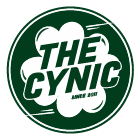
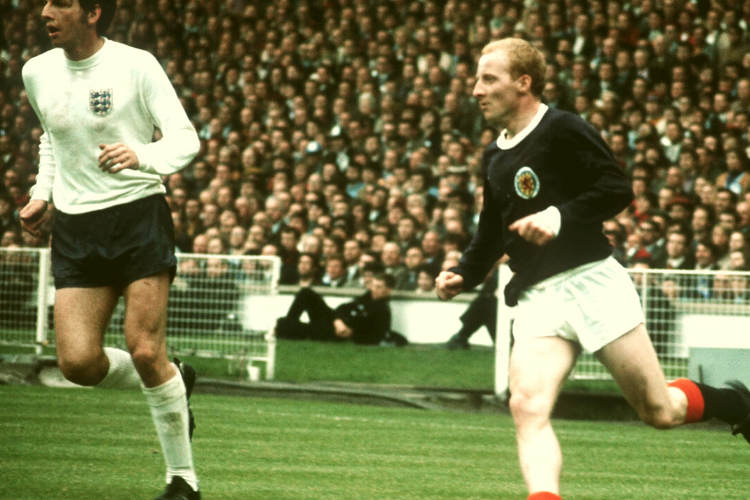
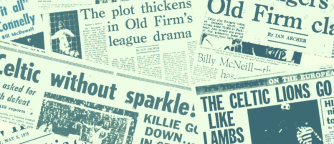

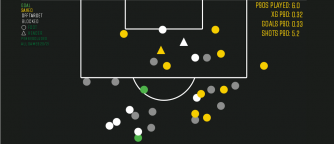
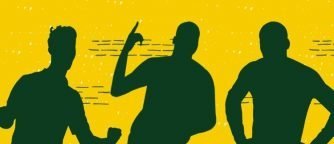
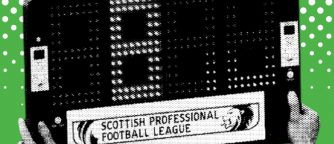
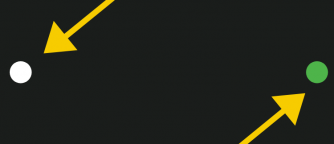

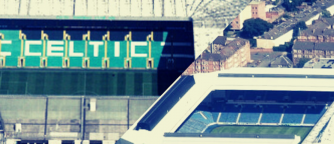
Great article. I wonder if his fear of flying impacted on the all too small amount of international appearances he made?
Thanks Mark. It never came up in any of the articles at the time, he was often selected but never played such as in the 1974 World Cup. It couldn’t help though for sure.
Gd article on Celtic legend and down 2 earth person who had a spell in the real world driven a van for a living after football for famous joinery firm around Glasgow in the 80s he wiz blessed with skilfull talent and love for his team Glasgow Celtic his memory as a famous Scot and footballer is never forgotten
He certainly was a genius and I had the good fortune to see his amazing skills at Hampden in 1974 as a teenage schoolboy in a crowd of over 100,000 where Scotland took a deserved 2 -0 lead and won 2-1.
The period that Jinky played in had an abundance of creative ,exciting right sided players: Charlie Cook, Tommy McLean,Willie Henderson, Willie Morgan, Peter Lorimer and many more.
A little genius and bright star.
Like boo boys who hated to see Jimmy in a Scotland strip, the SFA were on par with them. In ‘67 , as an honour to Celtic for winning the E C, and putting Scotland on the football map, they should’ve picked all the Lions for their next international game. After all they were all born in a 30 mile radius of Celtic Park. Do you think bigotry played a part in it ?
Strangely Bobby Murdoch and George Connolly were also missing. Scotland’s best ever squad Davie Hay, Danny and Kenny did play. The Doc would have picked them. The SFA wouldn’t.